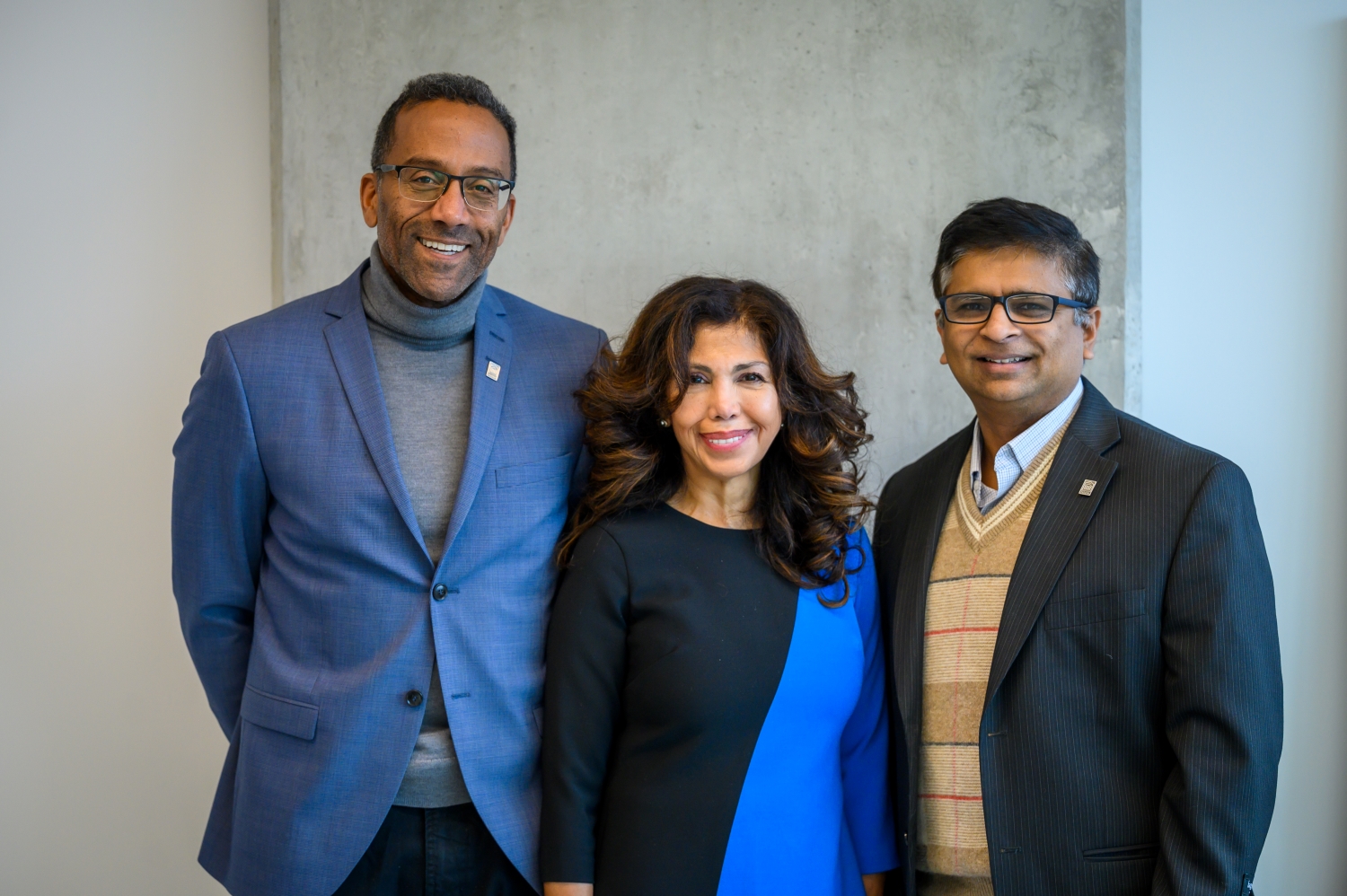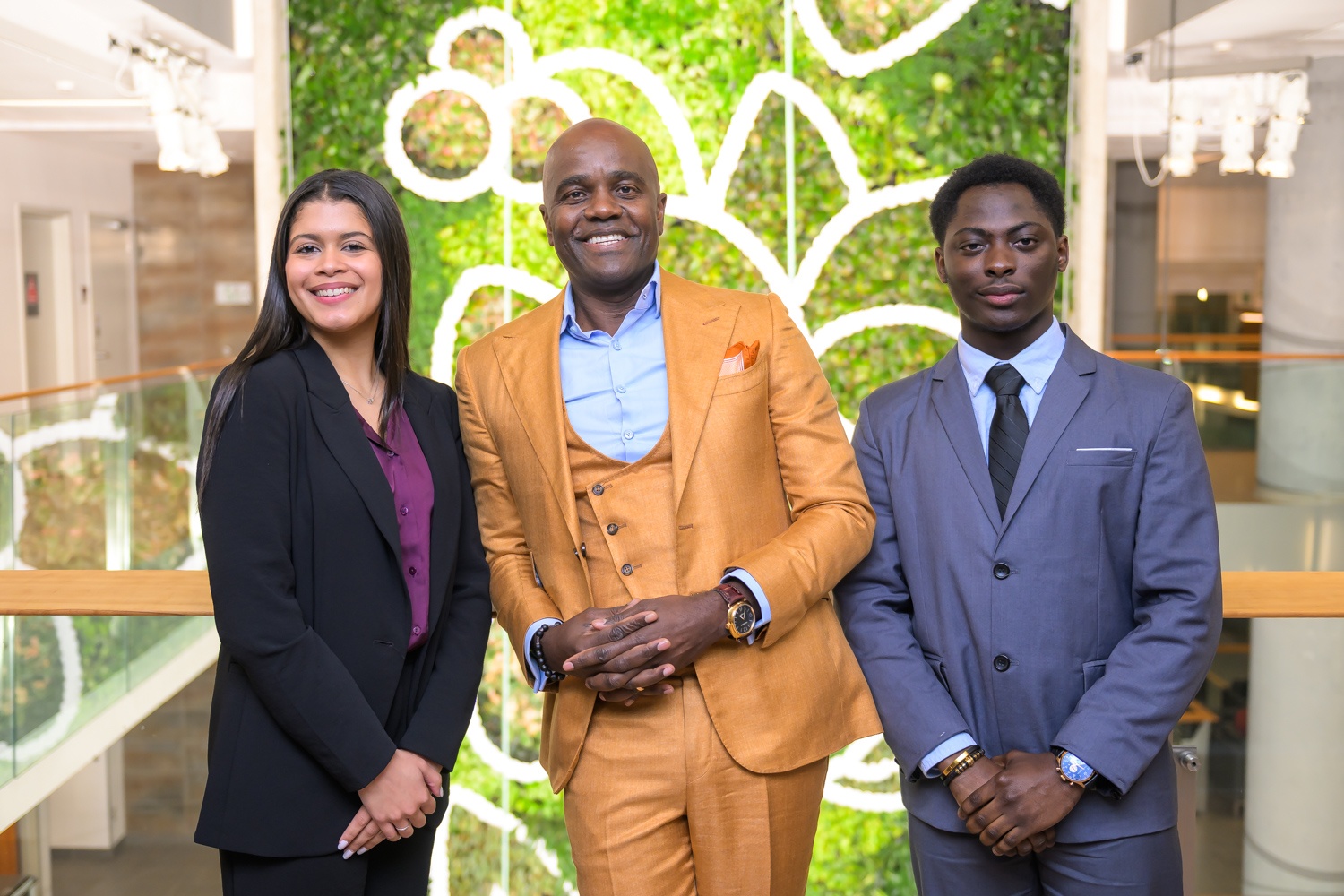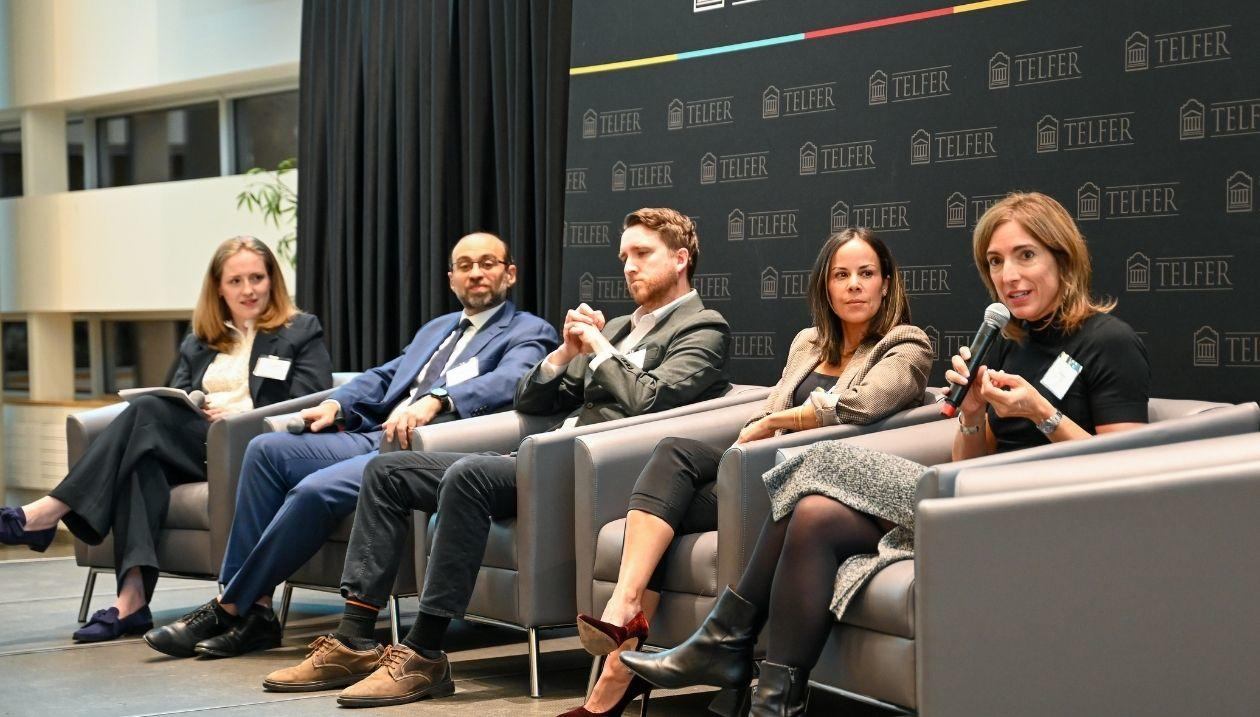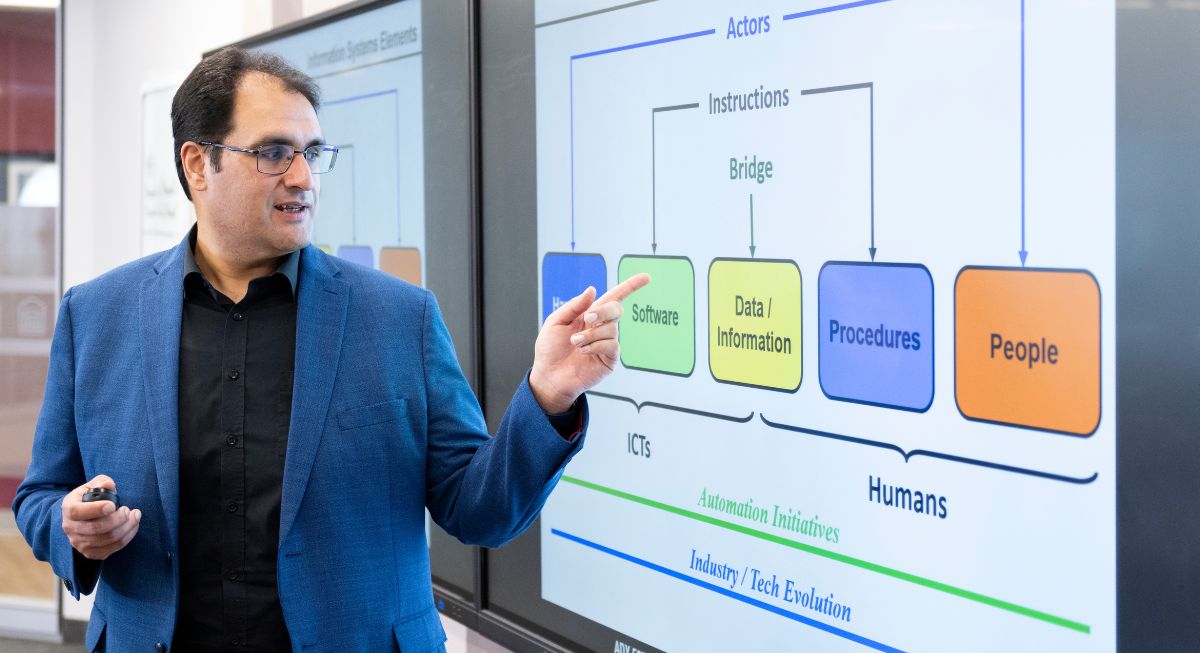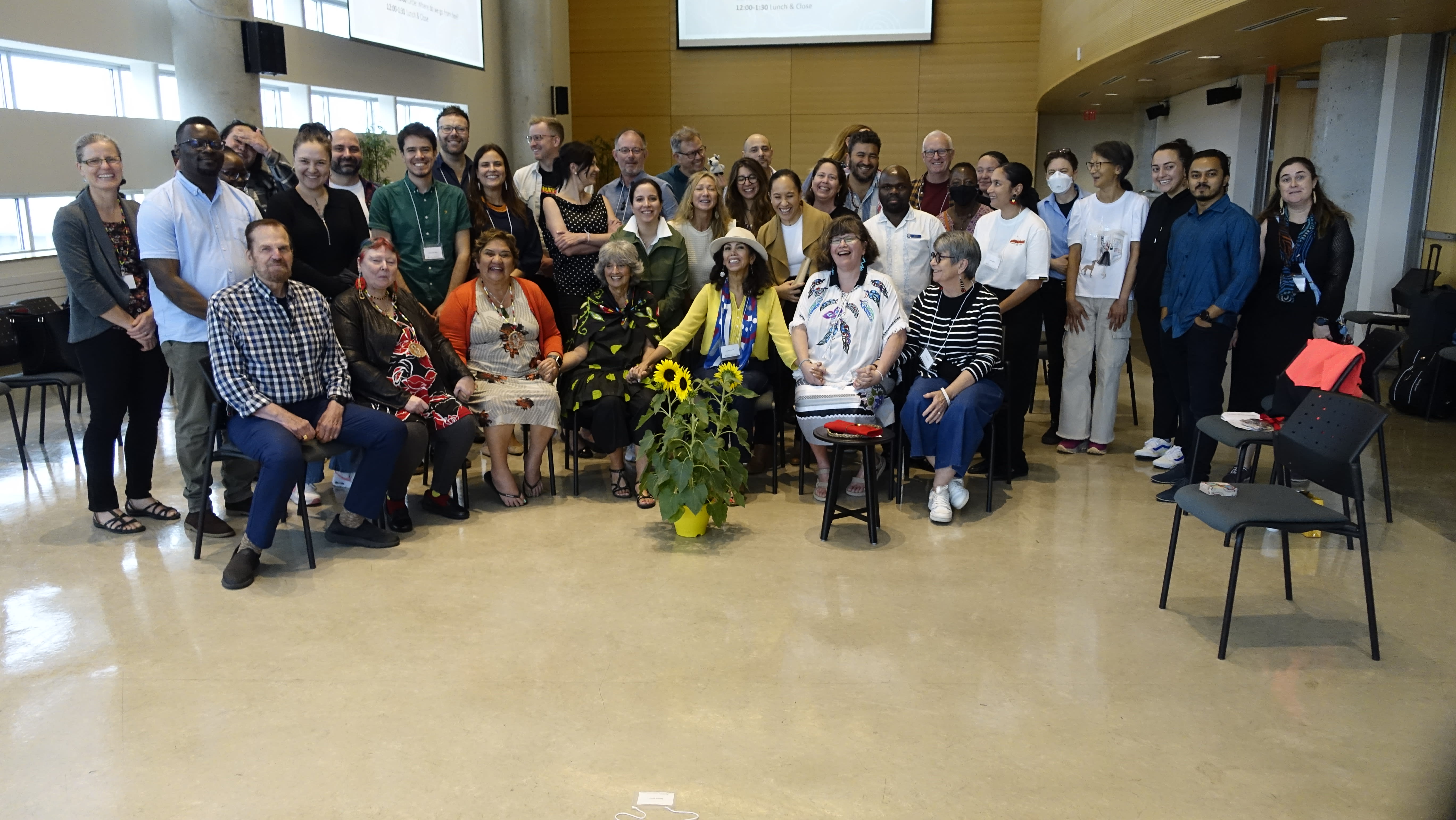Professor Ana María Peredo of the Telfer School of Management has been awarded a Tier 1 Canada Research Chair (CRC) in Social and Inclusive Entrepreneurship. The prestigious Canada Research Chairs Program invests in world-class researchers to promote research excellence in Canadian postsecondary institutions.
A pioneer in her field, Professor Peredo has been working for nearly 25 years to integrate social justice issues into the world of business. The chair will provide the resources and time to advance her current work, cross-disciplinary in nature, which provides new perspectives on entrepreneurship and highlights its potential for social impact, sustainability, and inclusivity.
A different way of seeing the economy
The primary objective of a social enterprise is to create social value; job creation and profit are by-products, as opposed to the main goal. To be inclusive, social enterprises need to centre and uplift new voices, such as women, youth, racialized folks, and members of the LGBTQI2S+ community.
According to Professor Peredo, this approach requires a paradigm shift, a different way of conceptualizing the economy and welcoming different worldviews. Increasingly, research is demonstrating the importance of community for our well-being; a people-centred approach can generate well-being and effect positive change within communities and beyond.
Read Professor Peredo's recent article, published in the Journal of Management Inquiry: We Are Boiling: Management Scholars Speaking Out on COVID-19 and Social Justice
Professor Peredo’s research features three major themes: community-based enterprise, Indigenous entrepreneurship, and societal change.
Community-based enterprises
In many cases, when a community is facing adversity, its members acting together and drawing on shared resources often provides the best solutions. Community-based enterprises (CBEs) can emerge from this collective vision and action. They allow people to tap into their strengths while staying true to their values, to address challenges such as poverty, inequality, and exclusion.

Professor Peredo has spent many years observing how communities create enterprises with multiple goals – economic, notably, but also social, ecological, political, cultural and spiritual – to effectively overcome obstacles.
The two projects under this theme, one in Rwanda and one in the Peruvian Andes, will explore the dynamics of community-based enterprises in extreme conditions of displacement, poverty and post-war reconstruction. They will also examine some underdeveloped areas of community-based enterprises such as the role of women and youth, assessment tools and the impacts of government policy on CBEs.
Indigenous entrepreneurship
A new area for business schools and researchers, Indigenous entrepreneurship is distinctive in that it prioritizes cultural values, such as traditional knowledge, community-building, and relationships, over standard corporate priorities. Across many groups, Indigenous enterprises have multiple goals beyond profit, including nation-building, revitalization of culture, and reconciliation.
According to Professor Peredo, a new generation of Indigenous scholars is working to gain knowledge in this area within business schools. The studies planned under this theme seek to answer questions aimed at understanding Indigenous entrepreneurship on its own terms. How do cultural values such as reciprocity, kinship, and connection with the land shape Indigenous enterprises and in what ways do these enterprises contribute to community well-being, decolonization, and reconciliation? The knowledge gained will be vital to achieving Indigenous economic reconciliation and will help expand the definition of entrepreneurship to include people-led, community-led, and Indigenous-led enterprise models.
Creating societal change
This third theme weaves through the first two. Thanks to her work with grassroots organizations, community-based and Indigenous enterprises, Professor Peredo understands the structural challenges people-led enterprises face. Society’s current and ongoing crises, such as climate change and the COVID-19 pandemic, have expanded our awareness of social inequality, leading management scholars to examine ways in which people mobilize and organize for change.
One of the ways in which Professor Peredo is contributing to this effort is through the European Group for Organizational Studies (EGOS). The group invites scholars to submit papers on how to conceive large-scale, systemic change at every level and in many contexts. Professor Peredo explains: “When you work with community groups, grassroots groups, you discover a ceiling at the system level, be it pedagogical, organizational, policy, supports. We need to be critical of current structures and business models, and conceptualize alternative economies.”
A scholar in high demand
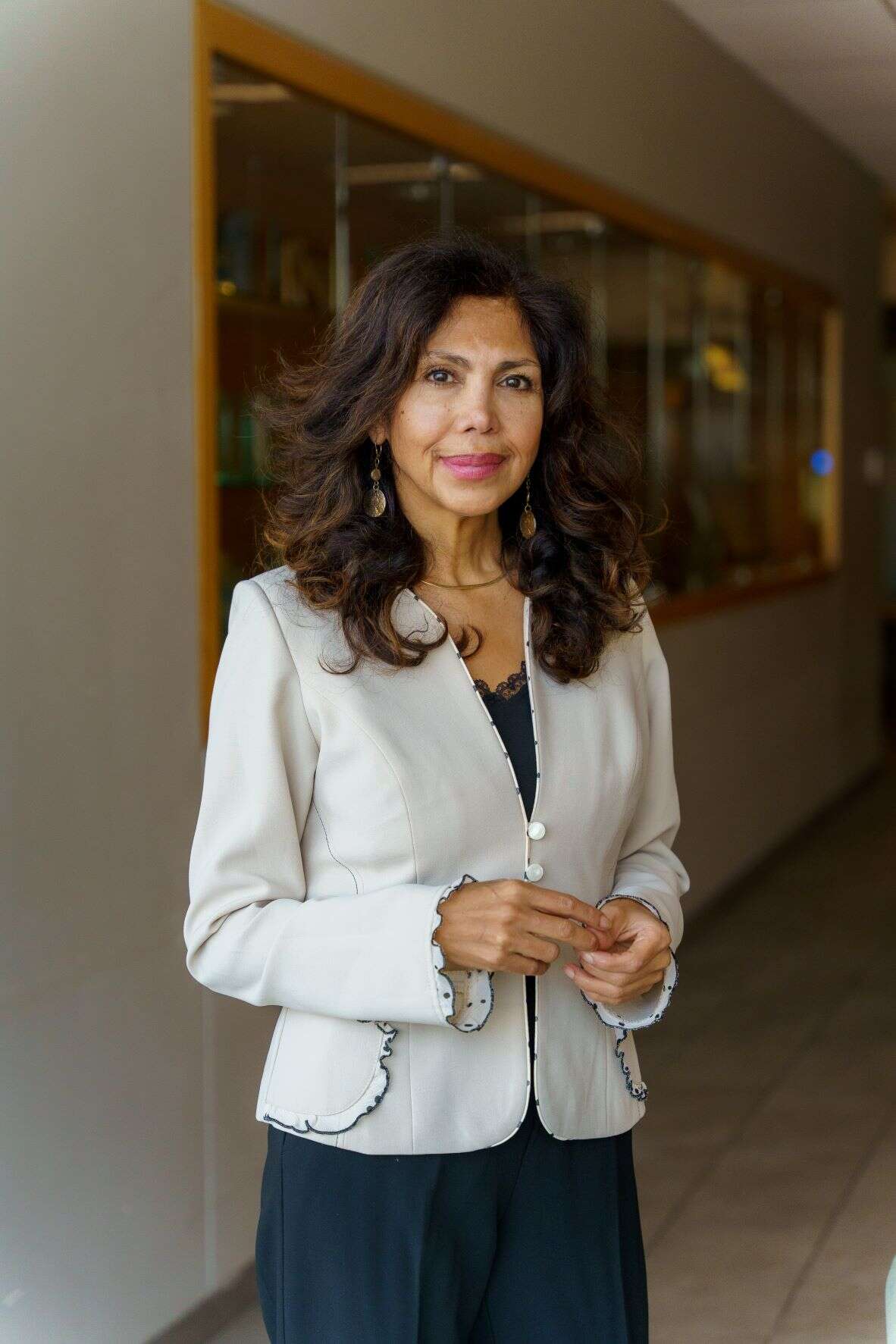
With her background in anthropology, psychology and journalism, Professor Peredo’s knowledge and expertise are in high demand; she is frequently invited to speak on panels and at conferences. “People are asking me, especially young scholars: what is community engagement, how do you make it happen? Why is social justice important?” she says, explaining that there is a shift taking place, a move toward centering community and recognizing its importance for our well-being. “There is a change happening now in business schools, bringing social justice issues to the business world, and Telfer is a great place for it.”
The results of this research will be made accessible to people beyond academia. In addition to publishing articles in elite journals and speaking at conferences, Professor Peredo plans to produce a graphic novel with stories of enterprise and decolonization in several languages, prepare a policy brief and infographic for policymakers, and help train a new generation of scholars.
As she has done throughout her career, Professor Peredo will work to bring visibility to the invisible and uplift the voices of those we do not hear. Her work as a CRC will serve as a springboard for advancing management research toward a more inclusive, diverse, and just society. Her research will provide academics with a broader understanding of community-based and Indigenous entrepreneurship.
Explore social enterprises founded by Telfer Alumni:
